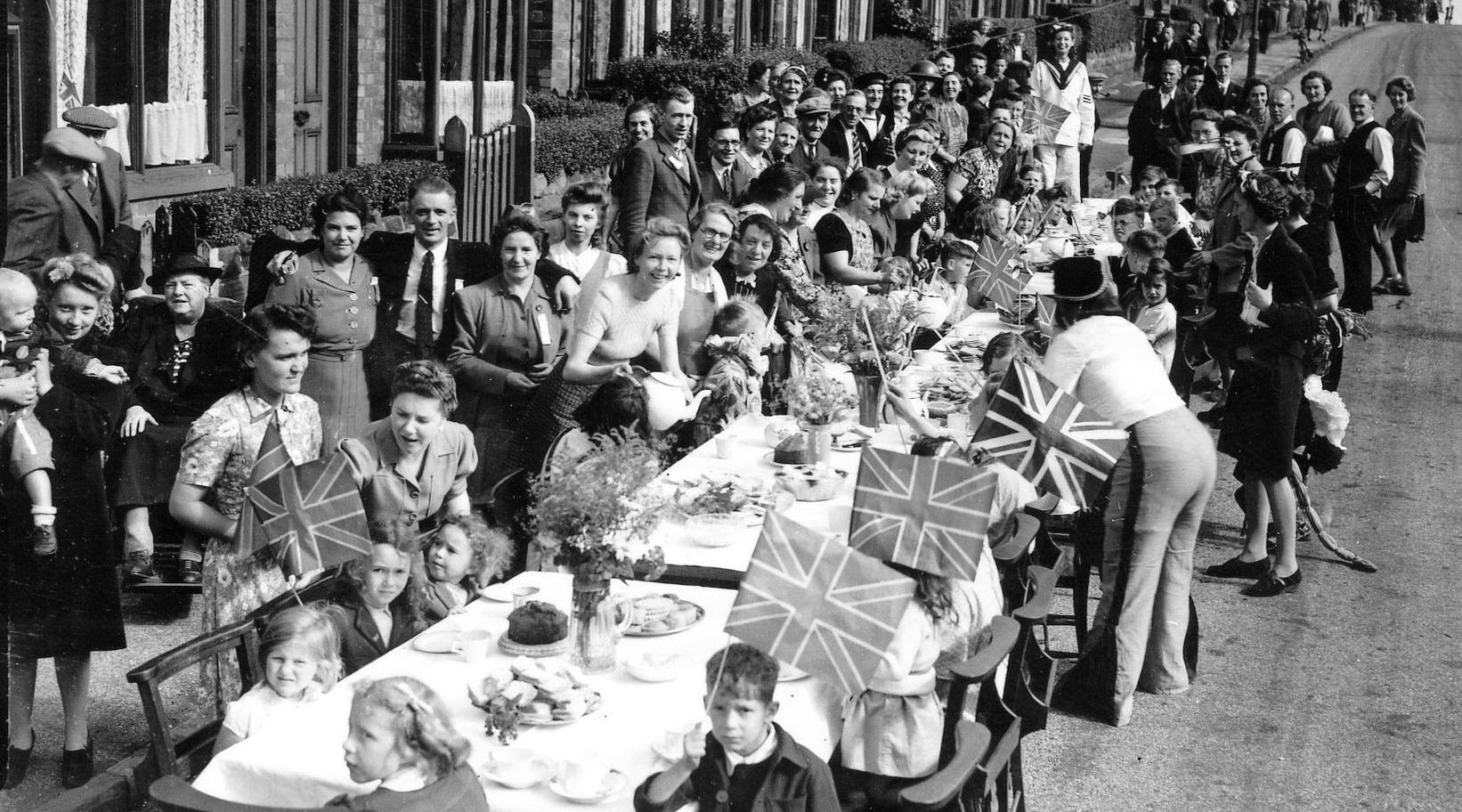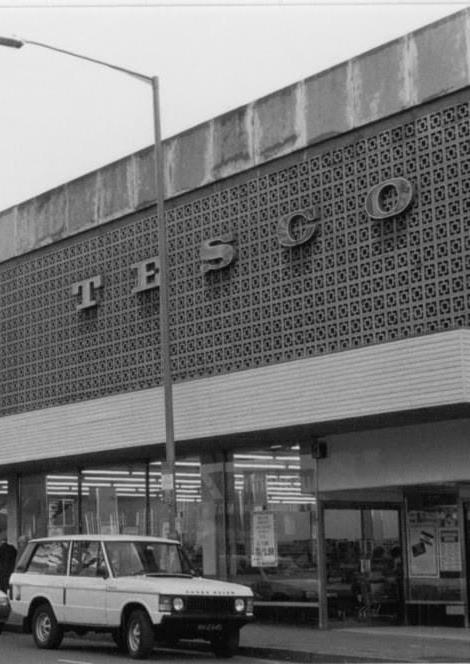
3 minute read
CELEBRATING VICTORY
We celebrated the end of World War II twice, five years apart and with very different impacts. 8th May was Victory in Europe Day and our neighbourhood mounted the classic street party, clearly focused on children who had known only the gloom, privation and insidious fear of six years of conflict.
Dining tables and chairs were hauled out to form a line down the middle of Leighton Road, freshly ironed tablecloths spread and crockery hardly used in recent memory laid out. Carefully hoarded provisions were displayed by proud parents who had kept rationed goods in cupboards for months for just this day.
Advertisement
As evening drew on, they brought wood and fallen branches from back gardens and built a great pile at the top of Farquhar Road, where the blank walls of the terrace ends shielded houses on either side.
All through the War, nights had been dark, no full streetlights, hooded vehicle lights, heavy blackout curtains covering windows (the Dad’s Army cry of “Put that light out!” was no fiction) and fires meant burning buildings and people dead or injured.
Suddenly, there was an enormous bonfire in front of us and no fear. There were no fireworks, of course, because gunpowder was only available for military uses. As the unfamiliar brightness lit up laughing faces, people pushed potatoes into the ashes and we enjoyed our first ever baked spuds. No butter or salt, of course, but seasoned with woodash. Delicious!
As all over Britain, the continuing war in the east was ignored. Only people with close relatives involved celebrated Victory over Japan Day in August. By then, most civilians just wanted to get on with the peace and a communal injustice took place as some of the worst victims were almost forgotten.
Five years later, Mickey Tyler told us one day in class 7 that something was going on at Billesley Common. He lived in Third Avenue, off Billesley Lane, and after school a group of us went to his house, where his mother welcomed us with tea and cake, and off we went.
I had never been there before, but when we got to the Common, it was difficult to believe what we saw. There was a Lancaster bomber,
flanked by a Spitfire, a Hurricane and a Fairey Battle light fighter-bomber (some were built at Longbridge, just as most Spitfires came from Castle Bromwich). There was also the Queen Mary low-loader that had obviously brought the Lanc. to the Common, a Churchill tank and some armoured cars and American Jeeps. Nobody knew, but we assumed that the smaller aircraft had flown onto the Common and the tank could not have been driven on public roads. We were able to climb up and peer into these survivors of the War and talk to servicemen, some of whom had seen active service. Soon, there were displays by military police motor-cyclists, riding in formation and criss-crossing in front of us. Some other vehicles drove past, but not the tank, and then a Tiger Moth came over and did some stunt flying. It was followed by a tight formation of Spitfires and Hurricanes doing a fly-past and looping around and flying at us at low level, before soaring and flying off. The display finished with a Vic formation of De Havilland Vampire jet fighters from 605 (University of Birmingham) Air Squadron flying over from Elmdon (now Birmingham Airport) to show where the RAF was going. It is a sobering thought that a few months later they may have been in action in Korea. We had little cash with us, but we managed to get some sweets to keep us going before setting off in euphoria to homes long forgotten. Down Oxford Road, we were still ducking and diving in abandon. David Bowie was 3 years old then, but he might have written it for us later on. We just knew that: We can do anything We could be heroes
Me and you Then we reached the top of St. Mary’s Row and saw the church clock. It was 9.45! We panicked and dashed home. A few parents were anxious, but no one had gone to the police station in Woodbridge Road. Although we were reckless, they knew we could generally look after ourselves (not pugilistically), as they stifled our excited recitals of our experiences and sent us to bed. That was our last innocent summer. September would bring all the responsibilities of secondary school. David Spilsbury Photo credit: birminghammail.co.uk
CELEBRATING VICTORY











